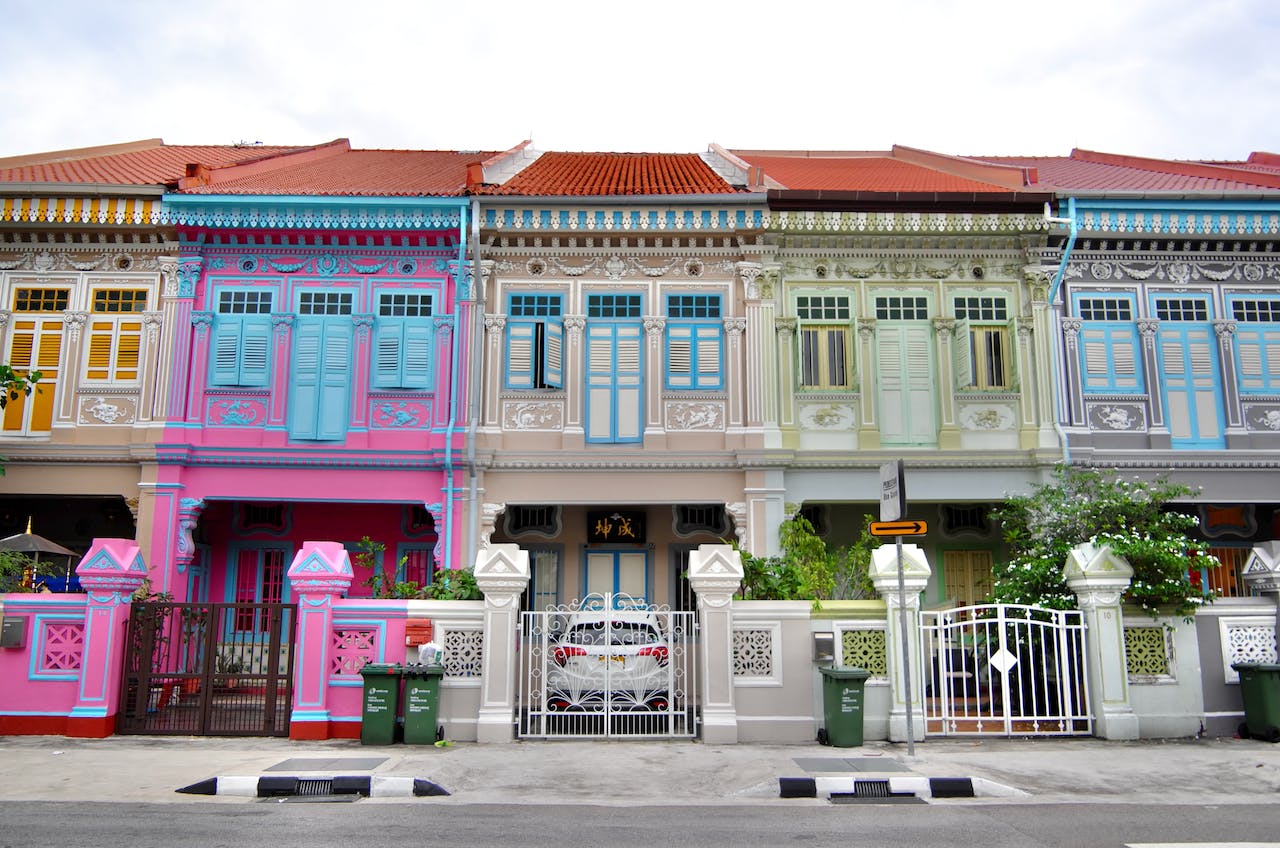Written by Nicolas Tang

When purchasing property in Singapore, buyers are subject to various statutory costs, among which are the Buyer’s Stamp Duty (BSD) and the Additional Buyer’s Stamp Duty (ABSD). These duties represent significant financial considerations in the property acquisition process.
BSD is a mandatory tax levied on all property purchases in Singapore. Its rate is calculated based on the property’s purchase price or market value, whichever is higher. The tax is structured in tiers, with the percentage increasing as the value of the property escalates. Since February 2023, the top marginal rate for BSD stands at 6%.
ABSD, on the other hand, was introduced in 2011 as a cooling measure to regulate the residential property market. Its primary objective is to curb property speculation and manage price inflation. ABSD is applicable under certain conditions, such as when a buyer already owns a residential property or is a foreigner or a non-individual entity. The rates of ABSD have been subject to changes, reflecting the government’s responsive measures to the evolving property market dynamics.
The latest revision in April 2023 saw a notable increase in ABSD rates, especially for foreigners and entities. These adjustments are in line with the government’s strategy to prioritize housing affordability for its citizens and permanent residents while moderating investment-driven purchases by non-residents and entities.
The ABSD’s primary purpose is to deter speculative buying, which can lead to artificial inflation in property prices. This measure is particularly targeted at cooling the demand from certain segments of buyers, such as investors and foreigners, thereby ensuring a sustainable property market conducive to genuine home buyers.
The ABSD was introduced to curb a surge in property demand that was leading to rapid price increases. This speculative buying behaviour, if unchecked, could have resulted in a property bubble, making housing unaffordable for many Singaporeans. By imposing additional costs on specific categories of buyers, the ABSD aims to moderate such speculative investments.
The introduction of ABSD has had a substantial impact on Singapore’s property market:
The ABSD, in combination with other property cooling measures like the Total Debt Servicing Ratio and the Seller’s Stamp Duty, forms a comprehensive framework to regulate the property market dynamics in Singapore. These measures collectively aim to maintain a balanced market, preventing drastic price fluctuations and ensuring that the property market remains accessible to a broader segment of the population.
As of 2024, the Additional Buyer’s Stamp Duty (ABSD) rates in Singapore have undergone significant revisions. These changes reflect the government’s ongoing efforts to fine-tune the property market, ensuring its stability and affordability. The following is a comprehensive breakdown of the ABSD rates applicable to different categories of buyers:
These rates represent a substantial increase from previous years, especially for foreign buyers and entities. The high ABSD rates for foreigners, at 60%, and entities, at 65%, are designed to significantly curb speculative buying by these groups.
Understanding the calculation of Additional Buyer’s Stamp Duty (ABSD) is crucial for anyone involved in the property market in Singapore. The ABSD amount is determined based on the property’s purchase price or market value, whichever is higher. To illustrate this, let’s consider a few examples:
In this scenario, a Singapore citizen purchasing a second residential property at SGD 1.5 million would be required to pay an ABSD of SGD 300,000.
A foreigner buying any residential property in Singapore at SGD 2 million would incur a substantial ABSD of SGD 1.2 million.
A Singapore Permanent Resident purchasing their first residential property at SGD 800,000 will have to pay an ABSD of SGD 40,000.
In cases of joint purchases involving buyers with different profiles, the highest applicable ABSD rate is used. For example, if a Singapore Citizen and a foreigner jointly purchase a property, the foreigner’s higher ABSD rate will apply to the entire purchase price.
These examples highlight the significant financial impact of ABSD on property purchases, particularly for those buying a second or subsequent property, and for foreign buyers. Potential buyers should factor in these costs early in the planning stage of their property purchase.
The Additional Buyer’s Stamp Duty (ABSD) framework in Singapore includes provisions for exemptions and rebates under specific conditions. These exemptions and rebates are crucial for buyers to understand as they can significantly reduce the financial burden in certain situations.
Housing developers may apply for remission of the ABSD rate under certain conditions, although the additional 5% they pay is non-remittable.
Here is an overview of how ABSD impacts Singapore Citizens, Permanent Residents (PRs), and Foreigners:
The tiered ABSD rates are designed to prioritize housing affordability for Singapore Citizens, especially first-time buyers. For PRs, the ABSD structure acknowledges their contribution to the economy while maintaining a balanced approach towards property ownership. The high ABSD rate for foreigners addresses concerns about excessive foreign investment inflating property prices and ensures that the primary focus of the residential property market remains on meeting the needs of locals.
These varying rates significantly influence property purchasing decisions:
While the Additional Buyer’s Stamp Duty (ABSD) in Singapore represents a significant financial consideration for property buyers, there are legal methods and considerations that can help mitigate its impact.
One of the most straightforward strategies to avoid or reduce the ABSD is to sell an existing property before purchasing a new one. This is particularly applicable for those upgrading from one property to another. Timing the sale and purchase correctly can exempt the buyer from the ABSD for a second property or qualify them for a rebate.
Decoupling is a strategy where joint owners of a property restructure the ownership to enable one of them to buy another property without incurring ABSD. This often involves one owner selling their share to the other. While legal, this strategy requires careful consideration of various factors, including financial implications and eligibility for loans.
For married couples, purchasing a property under a single name can be an effective way to circumvent the ABSD for a second property. This approach is particularly useful if one spouse does not own any property.
Certain buyer categories, such as married couples comprising a Singapore Citizen and a PR or foreigner, may qualify for ABSD remission under specific conditions. Additionally, there are provisions for ABSD rebates in scenarios like replacing a sold property within a stipulated period.
Investors looking to avoid the ABSD on residential properties might consider commercial or industrial properties instead, as these are not subject to ABSD.
Given the complexity and potential risks involved in these strategies, seeking legal and financial advice is highly recommended. This ensures that buyers make informed decisions and remain compliant with the regulatory framework.
The Additional Buyer’s Stamp Duty (ABSD) has undergone several revisions since its introduction in 2011, reflecting the Singapore government’s responsive approach to the changing dynamics of the property market. A historical perspective provides insight into the rationale behind these changes and their impact.
Property buyers in Singapore should comply with the Additional Buyer’s Stamp Duty (ABSD) regulations. Here are the procedures for payment and the consequences of non-compliance to ensure a smooth property transaction process.
For personalized advice and assistance in complying with these regulations, speak to us to ensure that your property investments align with the latest legal requirements and market trends.



Farallon Law Corporation
21 Collyer Quay #01-01
Singapore 049320
Farallon Law Corporation
21 Collyer Quay #01-01
Singapore 049320
We are recognized regionally by the world-class quality of legal services that we provide. Rely on our capabilities to help you resolve your legal challenges today.